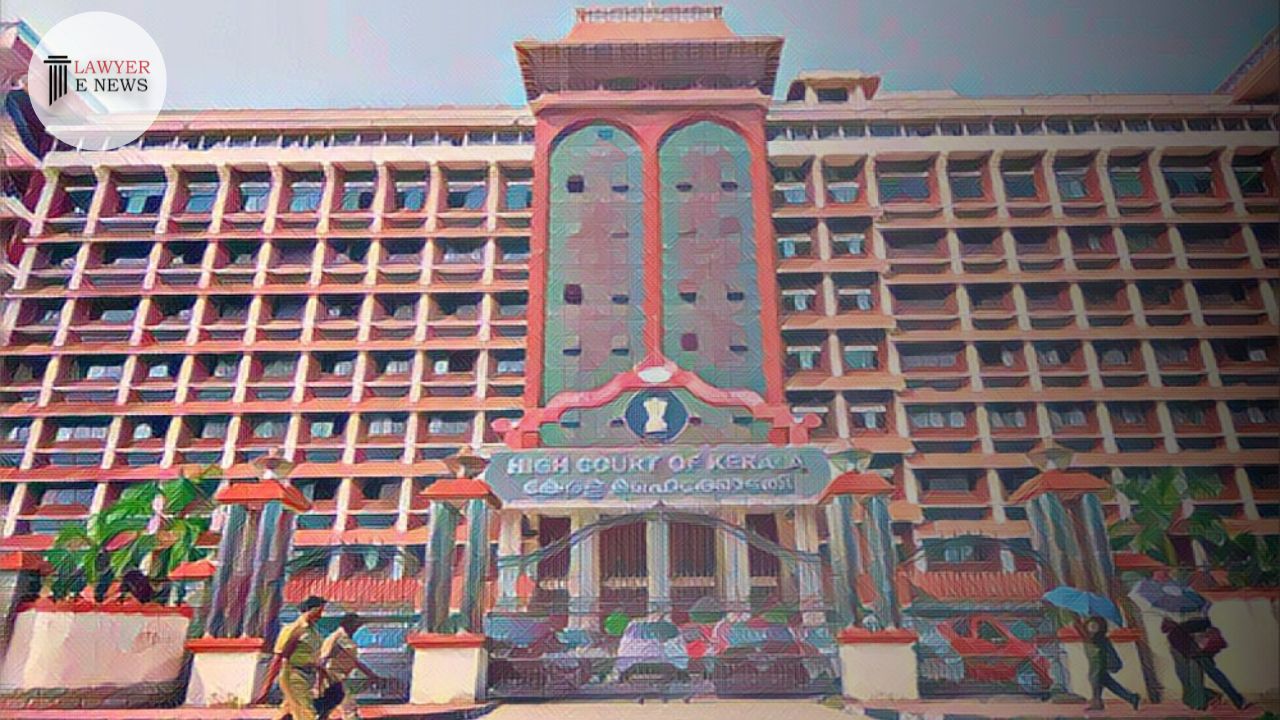-
by Admin
15 February 2026 5:35 AM



In a recent Judgement in MAT.APPEAL NO. 513 OF 2021 Kerala HC observed that frequent husband taunts and constant comparisons to other women would constitute mental cruelty as defined by Section 10(x) of the Divorce Act, 1869, for the purposes of dissolving the marriage.
High Court further observed that a wife cannot be expected to put up with the respondent/persistent husband's and repeated taunting that the petitioner is not the wife of his expectations; the comparisons with other women, etc.
High Court also stated while hearing divorce case that even while an irretrievable breakdown of a marriage is not a sufficient reason for dissolution, the law should take note of the fact that a marriage appears to have irreparably broken down in the interest of the parties and society , the married status be upheld whenever, wherever, and for as long as feasible, the public interest also demands that when a marriage is irreparably broken, that fact be acknowledged.
Human life is finite, and miserable circumstances cannot be permitted to persist forever. At some point, a halt must be ordered. Such conditions cannot be ignored by law, nor can it refuse to adequately address the needs resulting from them "The verdict declared.
The Court was deliberating a husband-filed appeal against a family court judgement that had granted the wife's petition for the dissolution of their marriage.
The non-consummation of marital cause under Section 10(vii) of the Divorce Act had been approved by the family court. However, it denied the wife's claim of cruelty made in accordance with Section 10(x) of the Act.
The wife argued that the husband had purposefully avoided having any sexual contact with her during the duration of the marriage because of some physical distaste he had towards her.
The wife complained of some soreness, which a gynecologist subsequently claimed may be treated by surgery or additional sexual encounters, according to the husband, who claimed that they had multiple sexual encounters but had to break up a few times.
In light of the evidence presented, the Court determined that intentional abstention could not be proven in accordance with Section 10(vii) of the Act.
Cruelty, both physical and mental
The wife said that the husband was a hot-tempered individual who had repeatedly physically abused her, an incident that his mother was purported to have seen.
She added that the husband used to nag her continuously about how she fell short of his beauty standards, that she wasn't "pretty enough" for him, and that she was disappointing in comparison to other women, including some potential brides of his brother.
Additionally, it was claimed that the spouse used to become overly envious whenever she got texts from male acquaintances.
The Court emphasized that it must be determined on a case-by-case basis, taking into account the socioeconomic and cultural background of the couple in question, whether or not a series of actions constitute cruelty within the boundaries of marriage. The Court did this by citing a number of prior decisions on the subject.
The Court determined that the evidence in the present case showed a case of cruelty under Section (x) of the Act.
The Court dismissed the appeal after considering the aforementioned factors as well as the length of the parties' separation.
"The matrimonial relationship between the parties in the present case appears to be irreparable. The partners' marriage is merely legal in name only. The marriage is beyond repair, and it is in everyone's interests and the public's to acknowledge this truth and declare what is already defunct de facto to be defunct de jure. Maintaining the facade encourages immoral behavior and may harm the public interest more than dissolving the marriage contract, "The verdict was said.
D.D-4.08.2022
XXXXXXXX vs XXXXXXXX
